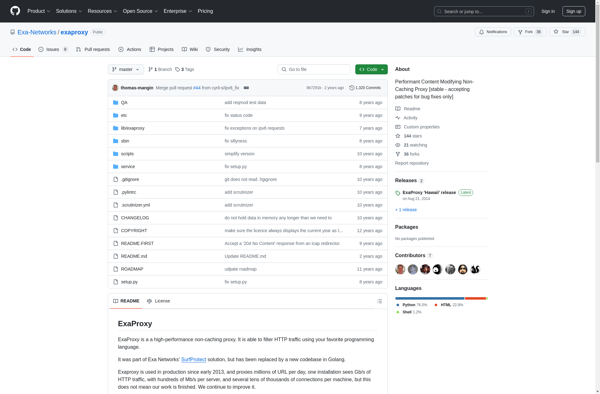Squid

Squid: Open Source Web Proxy and Caching Server
Squid is an open source web proxy and caching server. It speeds up access to web pages by caching and reusing frequently accessed web content. Squid helps reduce bandwidth usage and server load.
What is Squid?
Squid is a widely-used open source web proxy and caching server. It was originally developed in 1996 to improve web performance by storing copies of frequently accessed content and reducing bandwidth usage. Squid works by acting as an intermediary between client devices like desktops, laptops, and mobile devices and web servers.
When a client sends a request to access a web page, the request goes to Squid first. Squid will check if it already has a cached copy of the content. If it does, it will immediately return the cached copy without having to send another request to the target web server. This saves bandwidth usage and reduces load and congestion on the origin servers.
If Squid doesn't have the content in cache already, it will request it from the web server, store it in the cache while returning it to the client, and remember it for a certain period of time. Subsequent requests for the same content can then be fulfilled from cache directly until it gets flushed out based on set caching rules.
Key benefits of using Squid include: (1) Faster access to frequently accessed content like web pages, applications, API calls etc. (2) Reduction in internet bandwidth usage and costs. (3) Lower origin server load - web/app servers don't get hit directly for content already cached by Squid. (4) Enhanced security and access control capabilities.
Squid has a large user base across enterprises, educational institutions, government networks etc. due to such benefits. It continues to be actively developed and maintained by a community of open source contributors.
Squid Features
Features
- Caching and optimization of web content
- Access control and filtering of websites
- HTTPS traffic optimization
- Bandwidth management and usage reporting
- Support for reverse proxying
- Load balancing for high traffic websites
- Extensive access controls for users and groups
- High performance and stability
Pricing
- Open Source
Pros
Cons
Official Links
Reviews & Ratings
Login to ReviewThe Best Squid Alternatives
Top Network & Admin and Proxy Servers and other similar apps like Squid
Here are some alternatives to Squid:
Suggest an alternative ❐GoodNotes

Notability

CollaNote

K9 Web Protection
Flexcil

Samsung Notes

Stylus Labs Write

TinyProxy
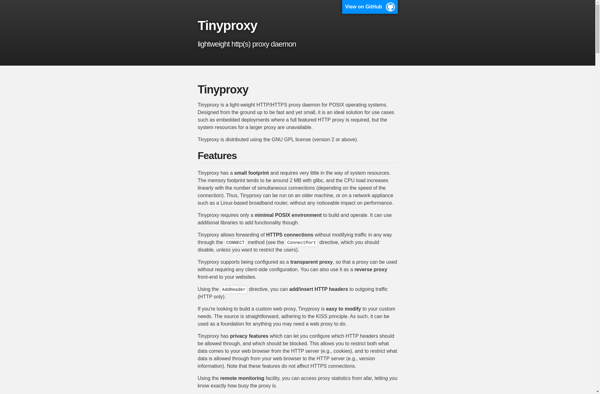
CCProxy

Penultimate

SquidMan
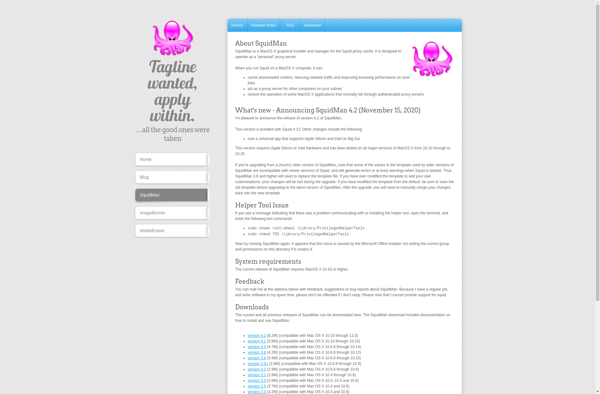
Zscaler

HandWrite Pro

Touchnotes

INKredible

Varnish
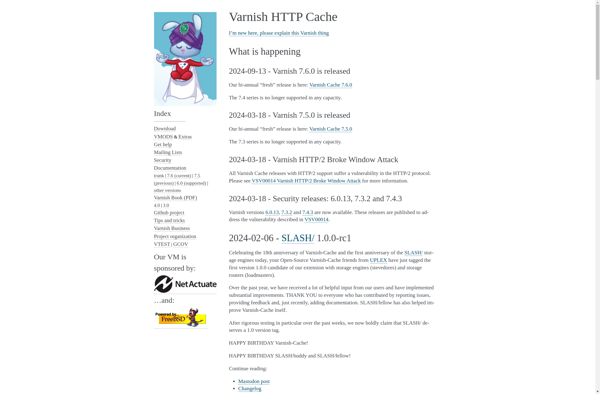
LectureNotes
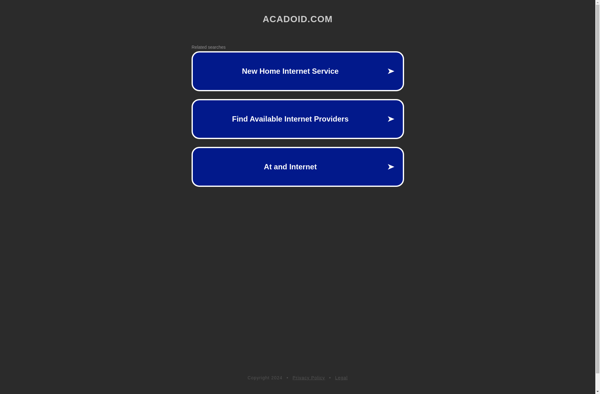
Proxomitron

Apache Traffic Server

Proximodo

Notes Plus

Gate.js
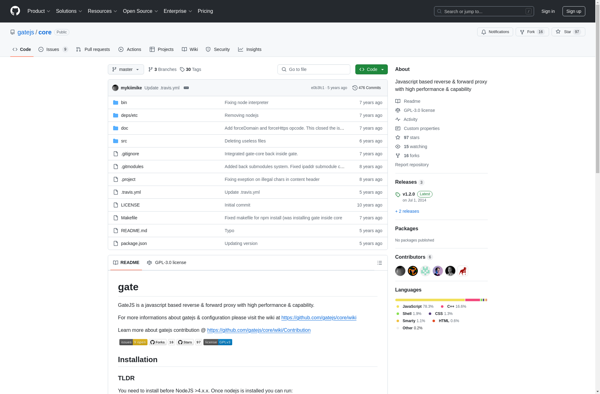
Polipo

Saber: Handwritten Notes
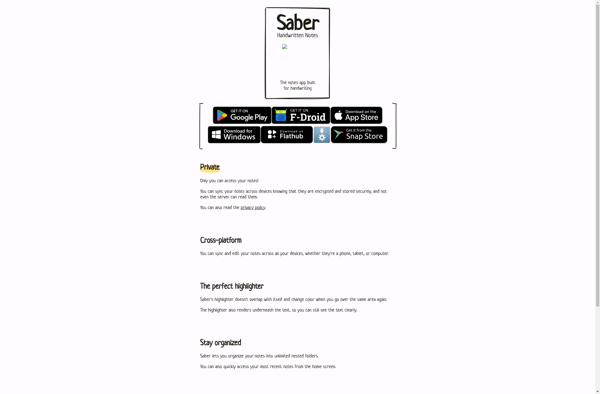
Artica Proxy

Nuster
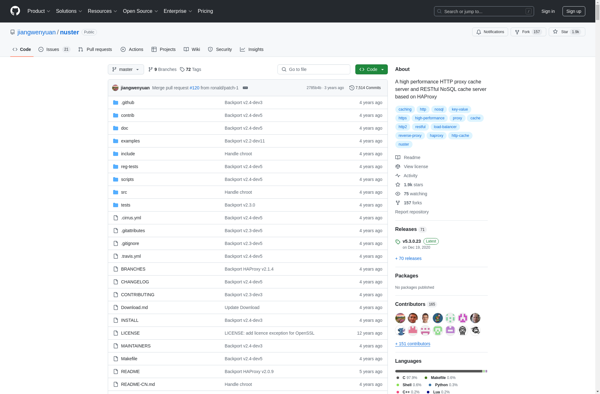
GlimmerBlocker

Privoxy
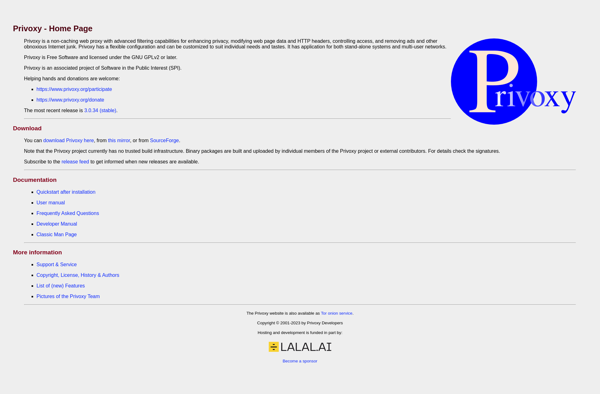
ExaProxy
